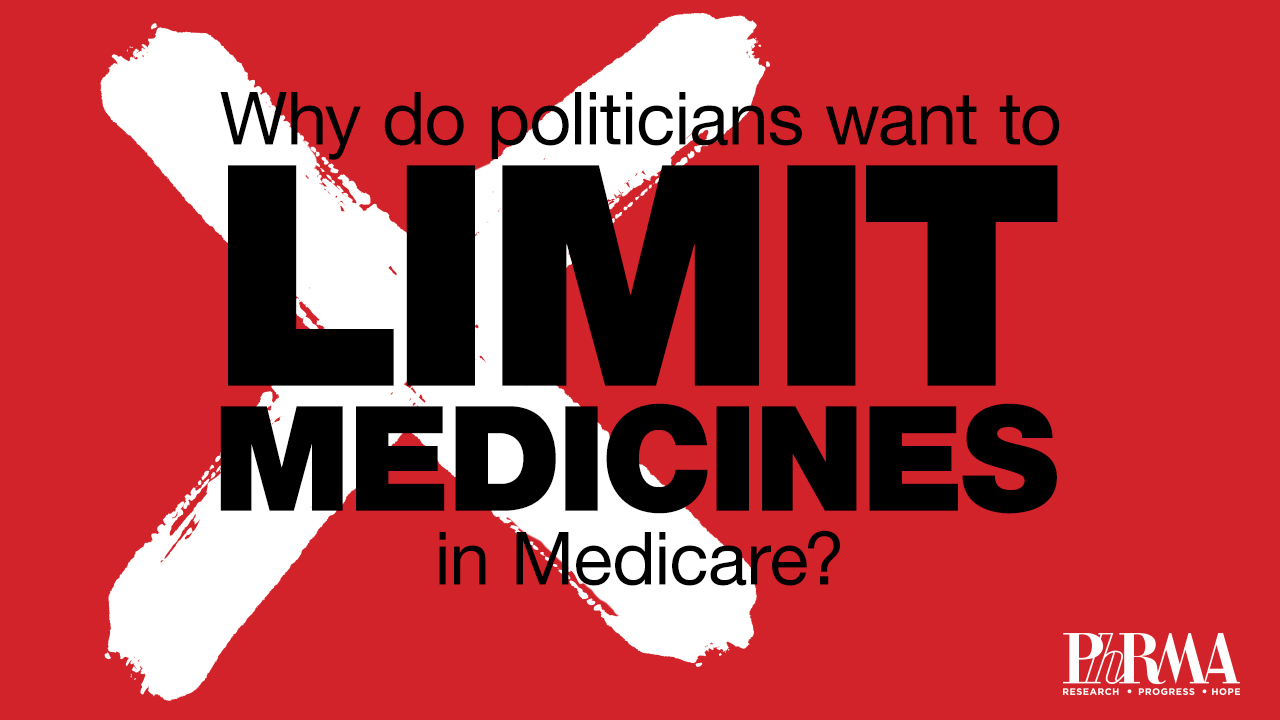Plus, the global vaccine shortage ripple effect | Thursday, September 30, 2021
| | | | | | | Presented By PhRMA | | | | Axios Vitals | | By Tina Reed ·Sep 30, 2021 | | Good morning, Vitals readers. Today's newsletter is 963 words or a 4-minute read. Situational awareness: Join Axios' Sam Baker and me today at 12:30pm ET for a virtual event on how COVID-19 has exacerbated America's opioid crisis. - Guests include Sen. Shelley Moore Capito (R-W.Va.) and director of the National Institute on Drug Abuse at the NIH Nora Volkow. Register.
| | | | | | 1 big thing: New COVID cases fall by 25% |  Data: N.Y. Times; Chart: Kavya Beheraj/Axios For the second week in a row, our COVID map is showing reasons for optimism, Axios' Sam Baker writes. By the numbers: New coronavirus infections in the U.S. fell by 25% over the past two weeks and is now averaging roughly 114,000 new cases per day. - That's still a lot, but it's a significant improvement from this summer, when the Delta variant unleashed a new wave of infections, hospitalizations and deaths.
- Nationwide, deaths are still on the rise, because of that summer surge. They're up 4% over the past two weeks, to an average of 2,000 per day.
- If the decline in cases keeps going, deaths should begin to come down relatively soon. Deaths are the last number to increase when a new wave hits, and the last number to decrease when it subsides.
Details: Alaska experienced the country's biggest COVID spike over the past two weeks, and is now averaging more cases per capita than any other state. - Tennessee saw the biggest improvement over the past two weeks, while Connecticut has the lowest absolute number of cases per capita, at just 14 per 100,000 people.
What's next: Holiday travel and more indoor socializing as the weather gets colder will likely contribute to scattered localized outbreaks throughout the winter. And those outbreaks could always become serious strains on hospitals, especially in areas with low vaccination rates. - But experts are cautiously optimistic that Delta may have peaked and the U.S. may finally be headed toward getting the virus under control, and keeping it there, for the first time in 18 months.
Share this story. |     | | | | | | 2. How Florida fails those with mental illness |  | | | Photo illustration: Brendan Lynch/Axios. Photo: Courtesy Khadeeja Morse | | | | After 13 years of living with mental illness and three years battling in court, Mikese Morse is finally getting mental health treatment. Why it matters: Mikese's saga illustrates how Florida treats those in need of involuntary mental health care — as criminals, relying on cops and courts to solve problems that need medical intervention — with potentially tragic results. What happened: Mikese, 33, once dreamed of representing Tampa in the Olympics as a track and field star out of the University of South Florida before his mental illness derailed that plan. - His parents say they tried to get him permanent assistance but failed, as seen in a 2017 encounter with police where they were told "being mentally ill isn't a crime."
- But one day Mikese did commit a crime, killing 42-year-old Pedro Aguerreberry when he drove into the father and his two young sons as they rode their bicycles in 2018.
- After that, his parents say, he was treated like a criminal instead of a person with mental illness.
The big picture: About 10% to 25% of people in U.S. prisons have been diagnosed with serious mental illnesses, according to a 2014 National Research Council report. Compare that to a rate of 5% among all Americans. What they're saying: "With every breath in my body, I'm going to keep talking about this and sharing this and exposing this. Literally there's not a better example of the failures of the mental health system than with Mikese," said Mikese's mother, Khadeeja Moore. Go deeper. |     | | | | | | 3. Business notes | - Walgreens is reportedly eyeing a move to purchase publicly traded health care consulting company Evolent Health.
- Ensemble Health Partners, the hospital billing and collections firm that is part-owned by the Catholic hospital system Bon Secours Mercy Health, filed to go public yesterday. Ensemble's profit margin hovers around 17%.
- Walmart tapped electronic health records Epic to connect records across all of its health care services.
|     | | | | | | A message from PhRMA | | People want choice and access to medicines in Medicare – not barriers | | |  | | | | Right now, Medicare Part D includes a provision that protects access to medicines. But some politicians want to take that away. That would mean that you could be stuck with whatever medicines the government says you can have. Ask Congress if your medicine will be at risk in Medicare. | | | | | | 4. The U.S. is the drug industry's gold mine |  Data: Company filings and Public Citizen; Table: Danielle Alberti/Axios Americans are paying pharmaceutical companies more for the world's top 20 blockbuster drugs than the rest of the world combined, Axios' Bob Herman writes from an analysis by Public Citizen. Why it matters: The U.S. is the pharmaceutical industry's gold mine, and the analysis shows how much the industry has at stake as it fights Democrats' plan to allow Medicare to negotiate drug prices and let employers piggyback off those lower prices. By the numbers: The 20 highest-selling drugs generated $158 billion of global revenue in 2020. - U.S. sales alone represented 64% of that total, or $101 billion.
- The revenue imbalance was bigger for certain drugs. For example, U.S. sales for Gilead's HIV drug Biktarvy ($6.1 billion) were more than five times greater than all international Biktarvy sales ($1.2 billion).
Between the lines: Americans don't consume drugs more than people in other countries. It boils down to higher prices. Go deeper: Many companies profit off the flow of drugs, but pharmaceutical companies retain a vast majority of the money. |     | | | | | | 5. Global vaccine shortage has ripple effect |  | | | Illustration: Aïda Amer/Axios | | | | Beyond the altruistic reasons America should be concerned about the global vaccine supply, Americans have a self-interest in supporting the vaccination efforts abroad, Bob writes. Why it matters: Besides preventing more virus mutations, better vaccination rates in Southeast Asia would also improve the flow of consumer goods like sneakers and apparel. State of play: Global health officials have set a goal to reach a 70% global vaccination rate this time next year. To date, the U.S. has pledged 1 billion vaccine doses for donation around the globe. - But fewer than 20% of people in most Southeast Asian countries are fully vaccinated, leading to COVID-19 outbreaks and forcing apparel factories to shut down.
Driving the news: The Delta variant has battered many Asian countries that are major U.S. importers. - India was hit hard earlier this year. Parts of Indonesia and Bangladesh have also suffered.
- The virus more recently has been especially damaging in Vietnam, where the government has imposed widespread factory shutdowns.
What they're saying: "We've already lost 10 weeks of production, and that gap will continue until [Vietnamese] factories are able to reopen and produce product at normal capacity," Nike CFO Matt Friend said on the company's earnings call last week. Read more. |     | | | | | | A message from PhRMA | | People want choice and access to medicines in Medicare – not barriers | | |  | | | | Right now, Medicare Part D includes a provision that protects access to medicines. But some politicians want to take that away. That would mean that you could be stuck with whatever medicines the government says you can have. Ask Congress if your medicine will be at risk in Medicare. | | |  | | It'll help you deliver employee communications more effectively. | | | | | | Axios thanks our partners for supporting our newsletters. If you're interested in advertising, learn more here.
Sponsorship has no influence on editorial content. Axios, 3100 Clarendon Blvd, Suite 1300, Arlington VA 22201 | | | You received this email because you signed up for newsletters from Axios.
Change your preferences or unsubscribe here. | | | Was this email forwarded to you?
Sign up now to get Axios in your inbox. | | | | Follow Axios on social media:    | | | | | |








No comments:
Post a Comment